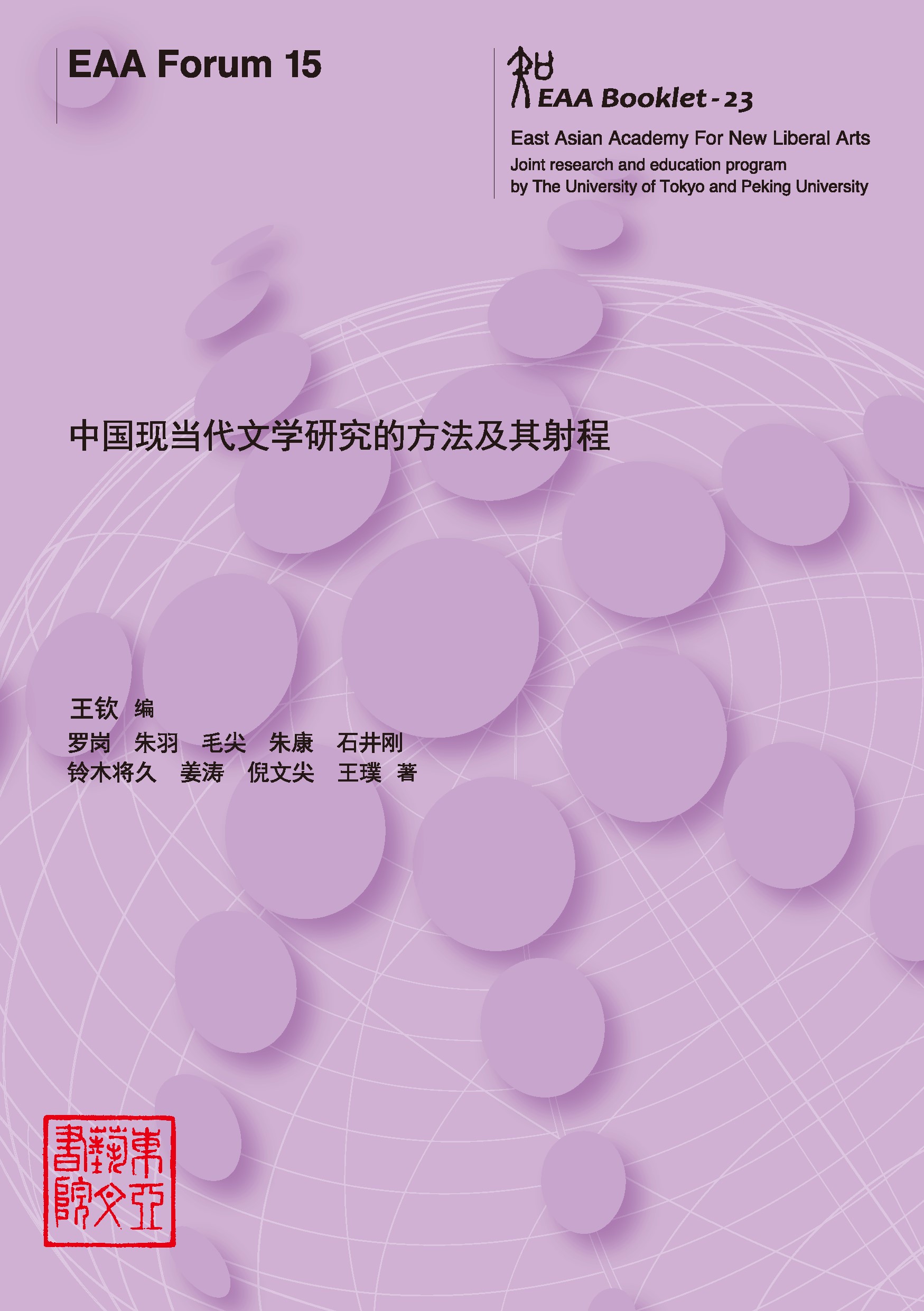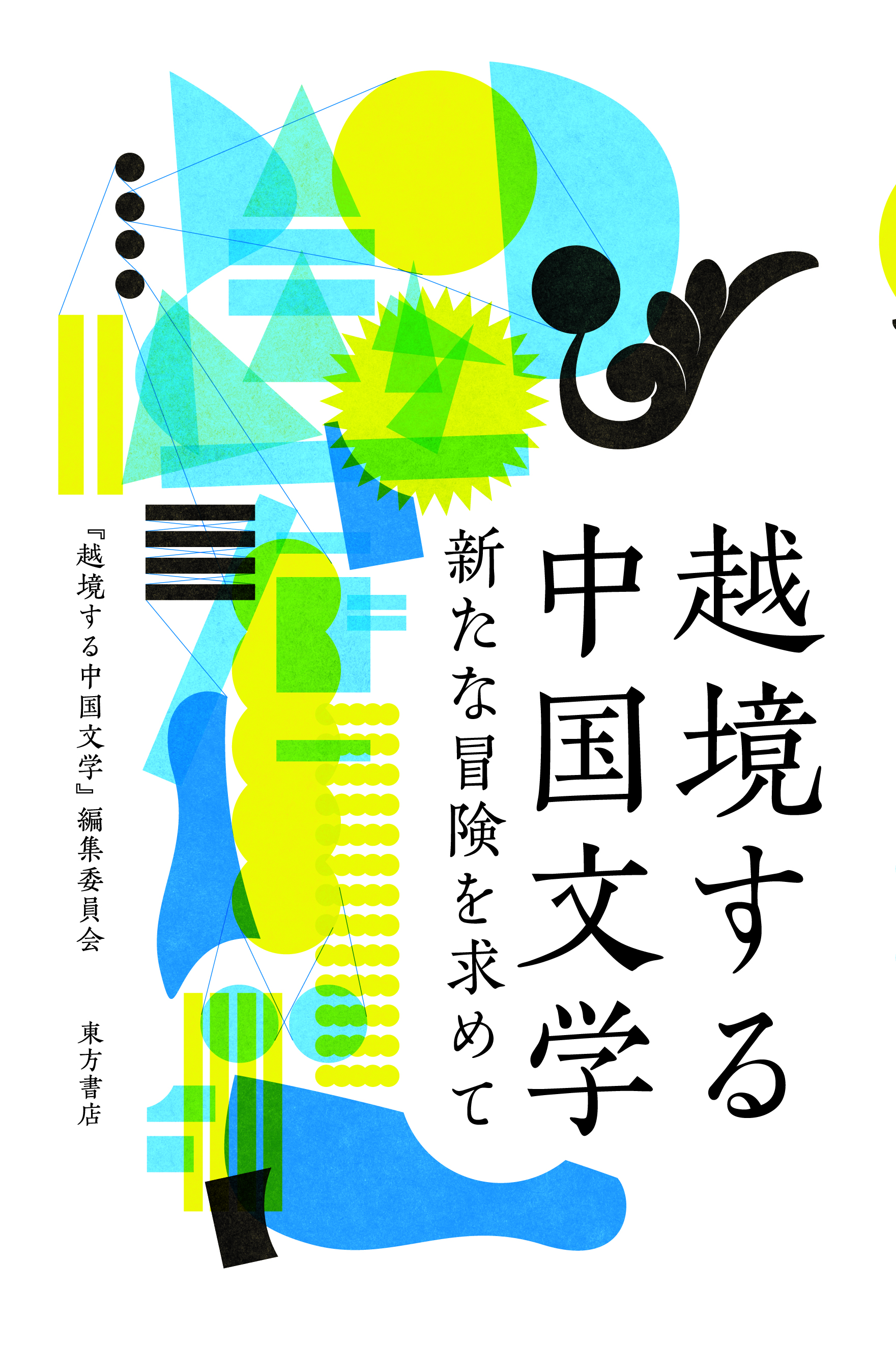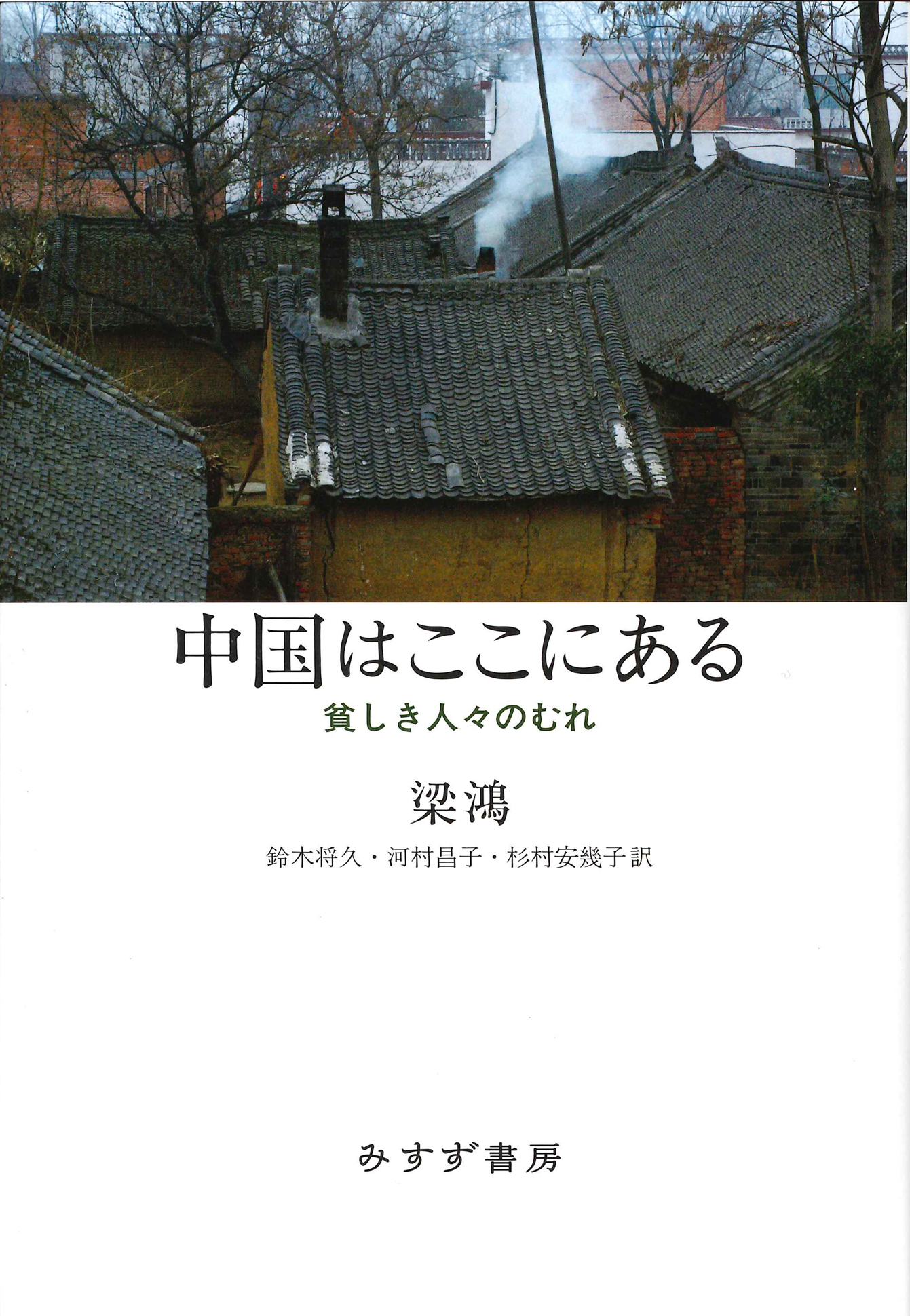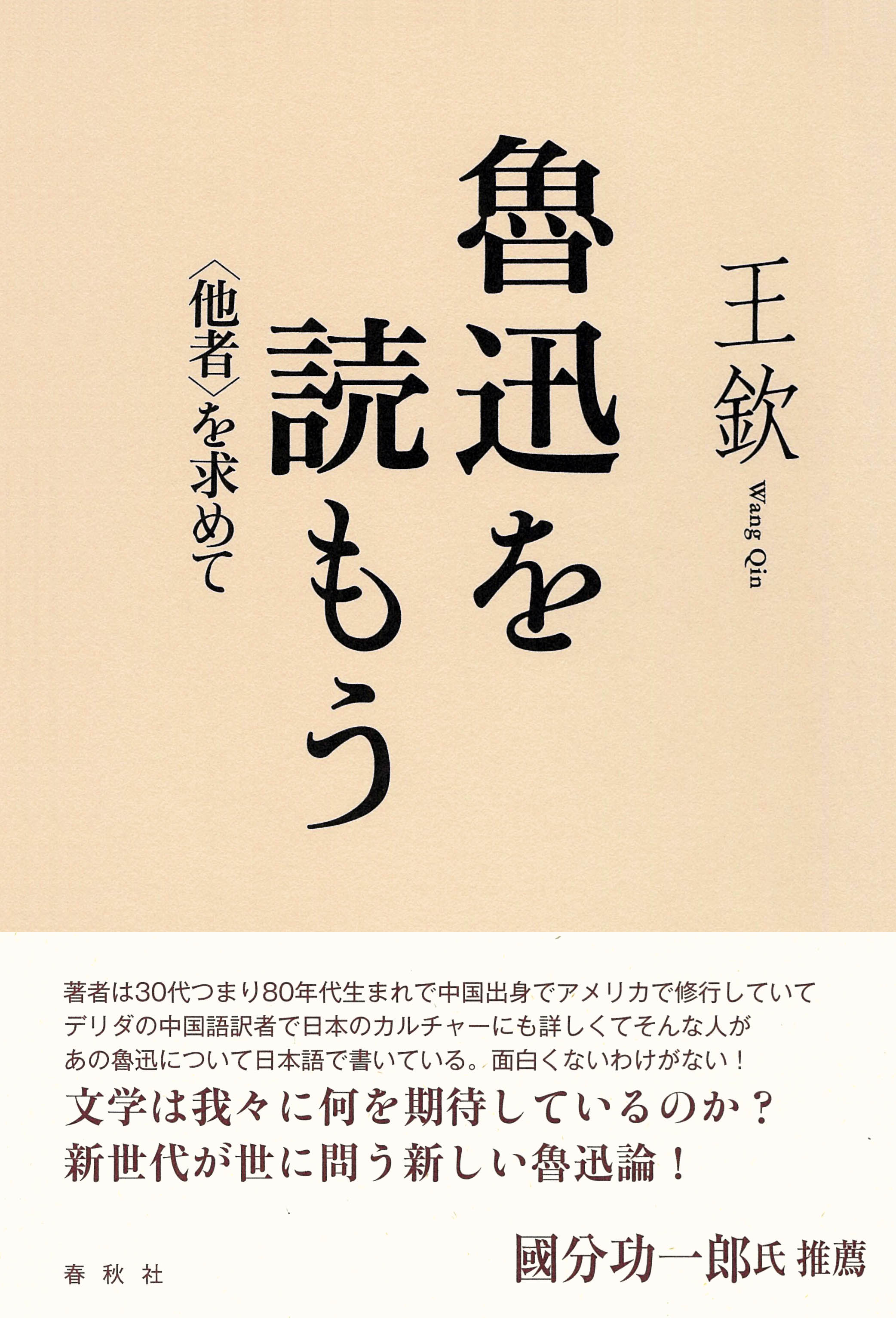
Title
EAA Forum15 Zhongguo xiandangdai wenxue yanjiu de fangfa ji qi shecheng (Study of Modern and Contemporary Chinese Literature - Its Methodology and Scope)
Size
130 pages
Language
Chinese
Released
March 15, 2023
ISSN
2435–7863
Published by
East Asian Academy for New Liberal Arts, UTokyo
Book Info
See Book Availability at Library
Japanese Page
Although it might sound unbelievable in Japan in the present-day, literary study is a field as broad as relevant to all studies in humanities. Indeed, even in Japan literary study was a leading field in humanities, while in contemporary China literary study still has social influences. Literary study should not be limited to studies of “literature,” but should be understood as a field where all problems in human society are critically investigated, for literary works respond to social problems through turning them into linguistic formulations. Without any doubt, literature does not merely reflect reality. Literature can also express the emotional depth of particular individuals. The characteristic of literature consists in the variety of its objects as well as its technics. Maintaining such variety notwithstanding, literature insists on responding to concerns in reality, which is why literature study has a power to go beyond limited academic research.
This book is a collection of articles on the problems of modern society through the medium of literature against the Chinese historical background. While the fundamental concern of the problems touched in this book is Chinese society and Chinese history, we should not take it to be only pertaining to China as a particular state. Some contributors are active in the United States or in Japan. Even though the particular themes they deal with are various, most of the contributors share a common concern for the very form of expression. In other words, taking Chinese literature as a thread of thought, the contributors from various background argue towards a universality irreducible to China.
Indeed, this book is also a result in the era of Covid-19. It finds its origin in several online workshops and speeches due to the suspension of direct travel. In this sense, this book can also be understood as a record of a particular kind of academic communication. What is at stake is that actually the trace of the era of Covid-19 spreads itself in different forms over all the problems on these articles discuss. It goes without saying that Covid-19 has left a profound scar on humanity. It might also be remembered as a historical turning-point with hindsight. It is always future generations’ task to clarify transformations in the past. But at the same time, it is also significant that people intertwined in the process of dramatic transformations think about their context and try to write down their thoughts. Feeling the dynamic of the age without being able to go abroad, people during the past several years have to think about the problems with which they are confronted through reading texts in the past. This book is also a record of this particular way of thinking.
For the sake of the profundity of discussion, the workshops and speeches on which the book is based were carried out without Japanese translations. That is why this book is entirely written in Chinese. For a lot of readers this might be a direct obstacle. But we anticipate that readers may have a try and get a sense of the scope of literary studies in China.
(Written by Qin Wang, Associate Professor, Graduate School of Arts and Sciences / SUZUKI Masahisa, Professor, Graduate School of Humanities and Sociology / 2023)
Table of Contents
1. The Limit and the Baseline of “Contemporary Literature” Luo Gang
2. How can Literary Criticism Speak its Mind: On “Shadows of the Subject” Zhu Yu
3. “Goodness” and Its Results in Modern and Contemporary Literature and Arts Mao Jian
4. “Speakable” Novels and “Clapperboard-Utterance”: “Training” and Typology of Genre Zhu Kang
5. The Renaissance and Creation of the Idea of Modern “Science”: On Zhang Taiyan’s Discourse on Medicine Ishii Tsuyoshi
6. The Problem of “Emotion” in Modern and Contemporary Chinese Literature Suzuki Masahisa
7. “New Lyrics”: “Feeling” and “Work” in He Qifang’s “Nocturn” Jiang Tao
8. Style, Atmosphere, and Form: How to Read Essays Ni Wenjian
9. Solidarity in the Remote: The Age of Revolution and the Travel Writings of Chinese Writers Wang Pu
Related Info
Report: 对近20 年来中国现当代文学研究的反思 (EAA East Asian Academy for New Liberal Arts, UTokyo Dec 11, 2023)
https://www.eaa.c.u-tokyo.ac.jp/zh/blog/report-20231206/



 Find a book
Find a book


 eBook
eBook

